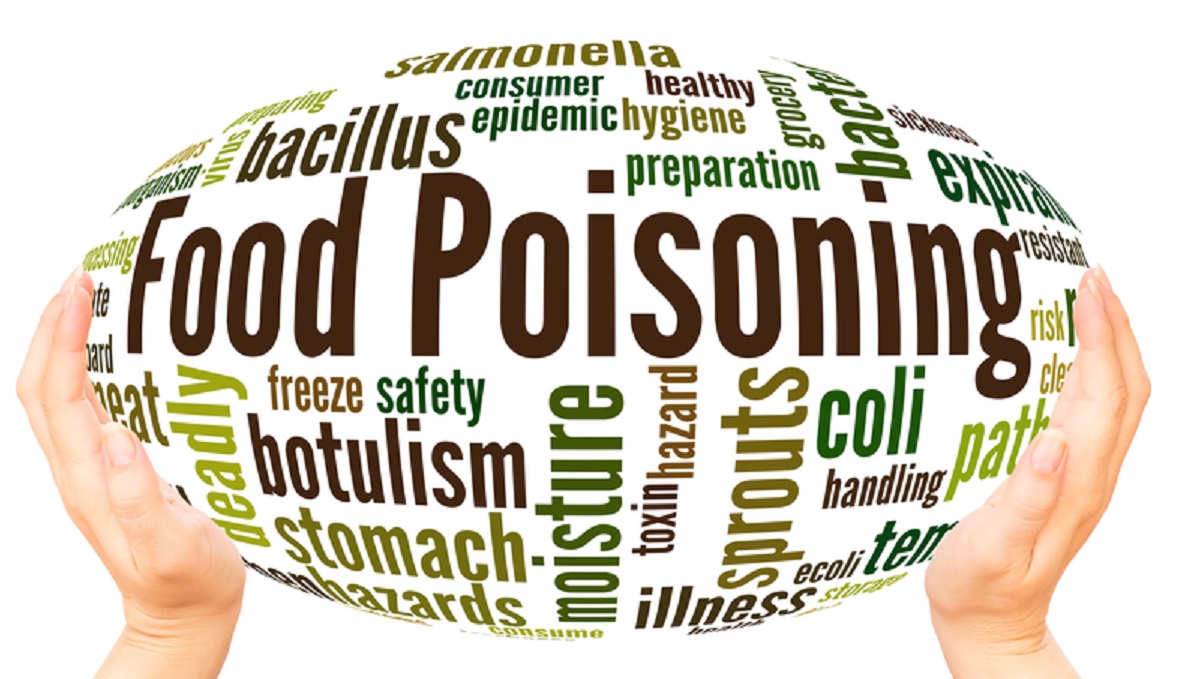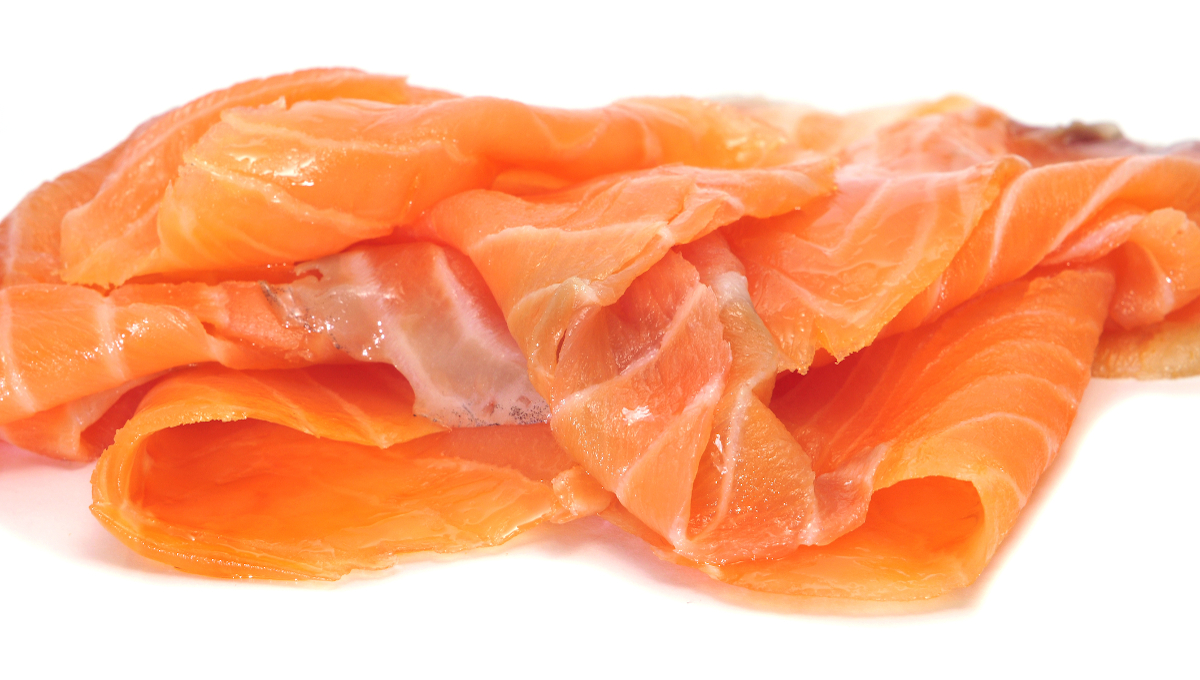Eating meat fondues and raclette grill meals contributes to the annual seasonal peak of Campylobacter cases in Germany, according to a study.
During such meals, raw meat is typically handled directly at the table and
Continue Reading German study reveals fondue as possible source of winter Campylobacter peak









